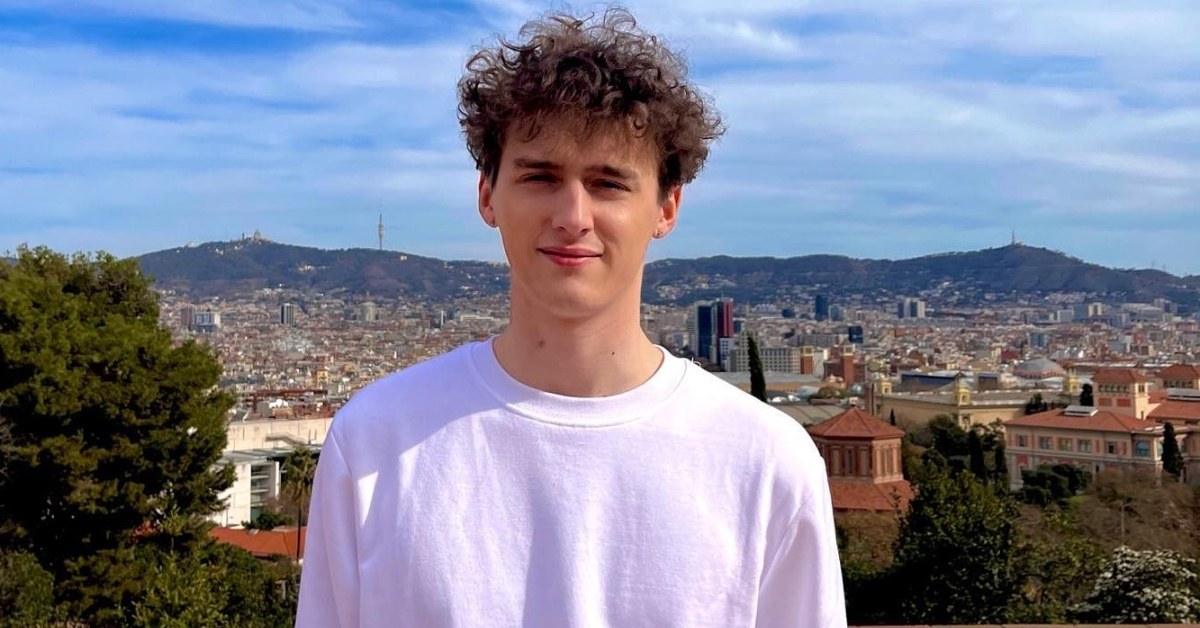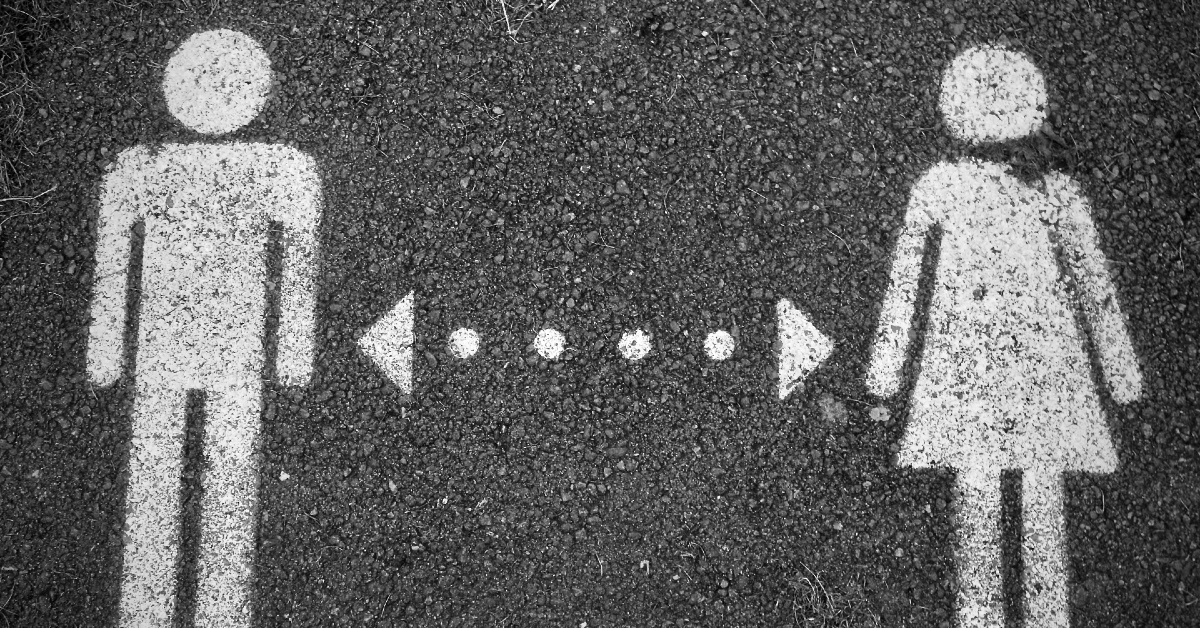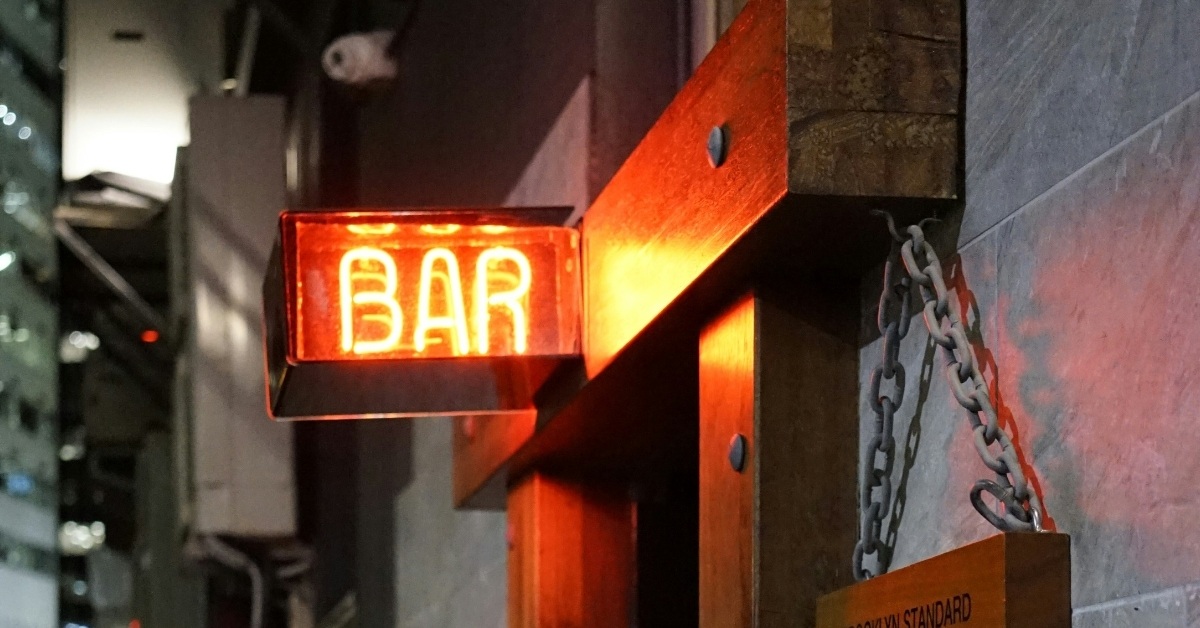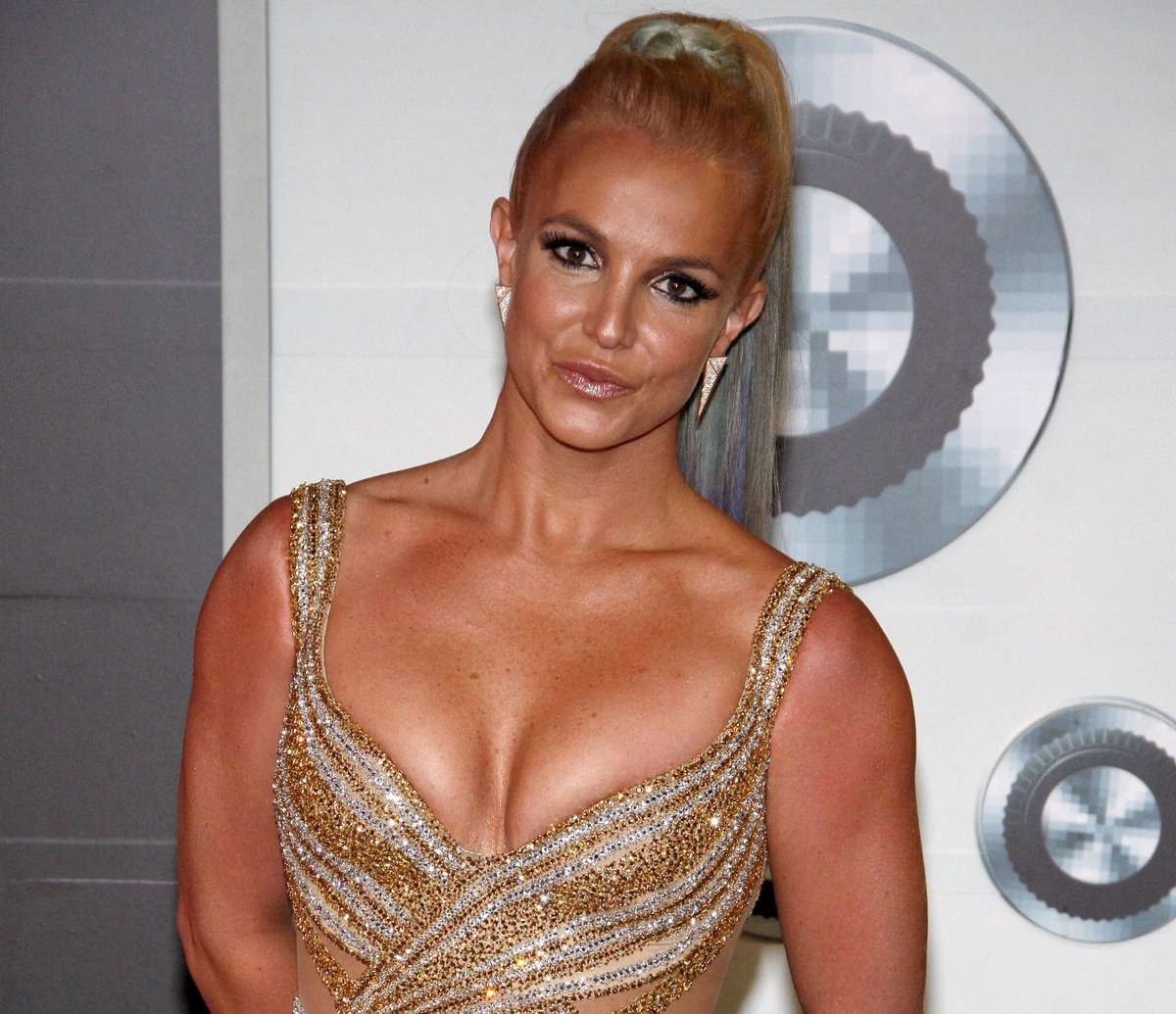BY: Walker
Published 2 years ago

Young Thug remains behind bars as he awaits jury selection in the YSL trial. However, much of the conversation surrounds the use of rap lyrics as evidence in the RICO case. Over the past year, there have been a number of efforts across the United States to limit creative expression as a form of admission in court.
via: 11 Alive
Atlanta City Council passed a resolution urging the Georgia General Assembly to revisit and “explicitly limit the use of rap lyrics as evidence in criminal trials.”
The resolution is meant to highlight concerns about using art as evidence due to the misuse and misinterpretation of rap lyrics in the criminal justice system.
The use of rap lyrics in the ongoing YSL RICO trial and rapper YFN Lucci’s pending RICO trial inspired the #protectBlackart movement — a movement focused on “defend[ing] creative freedom and expression.”
Now, city council leaders are recognizing the need to separate artistic expression from criminal activity.
With this new resolution, the city council is aiming to promote fairness, prevent racial bias and safeguard artists in the Atlanta community.
“Our resolution is a significant step toward rectifying an issue that has disproportionately affected individuals within marginalized communities,” Antonio Lewis, District 12 Councilmember, said. “We must protect the freedom of artistic expression while ensuring that evidence used in criminal trials is relevant, reliable, and does not perpetuate bias.”
According to Atlanta City Council, other jurisdictions across the country have been proactive in limiting the use of rap lyrics in criminal trials.
“By urging the Georgia General Assembly to address this matter, we are fostering a more equitable and just criminal justice system for all,” said Councilmember Lewis.
In September 2022, California state lawmakers passed bill no.2799.
This bill is dedicated solely to the “admissibility of creative expressions.” It states the intention of the bill is so “courts can ensure that the use of an accused person’s creative expression will not be used to introduce stereotypes or activate bias against the defendant, nor as character or propensity evidence.”










